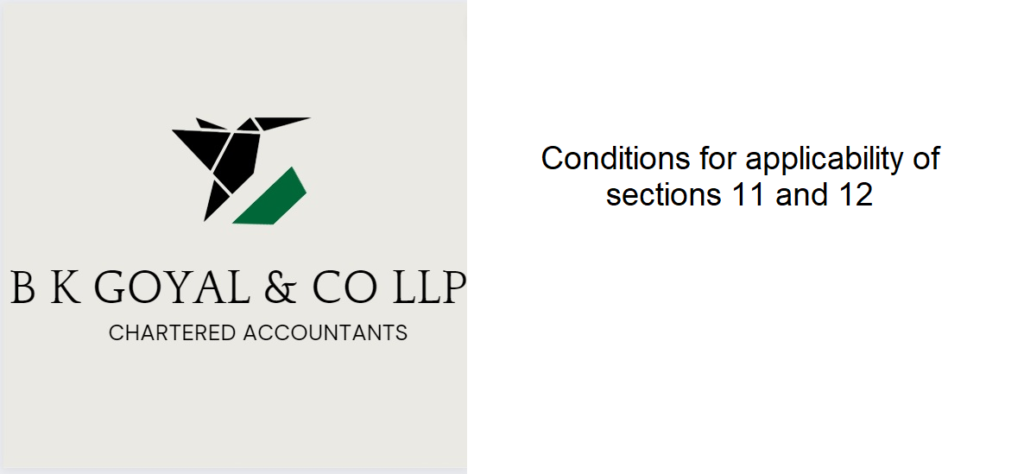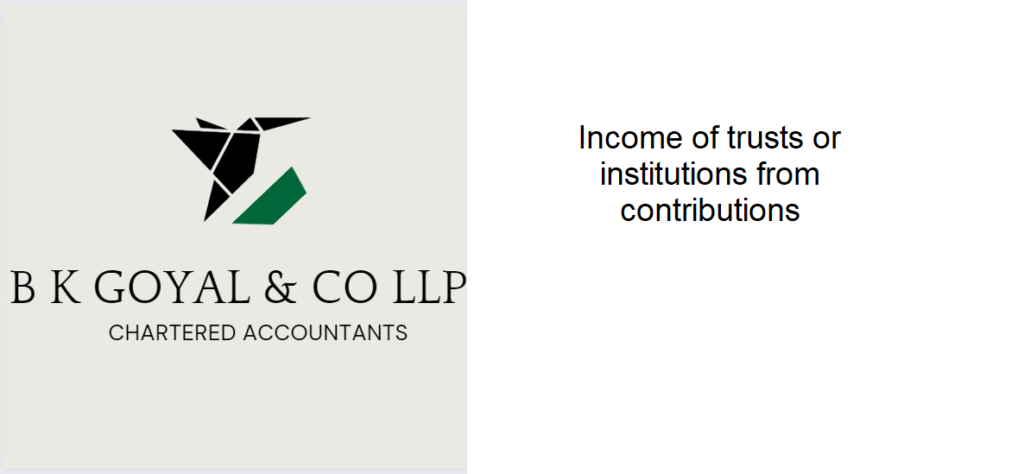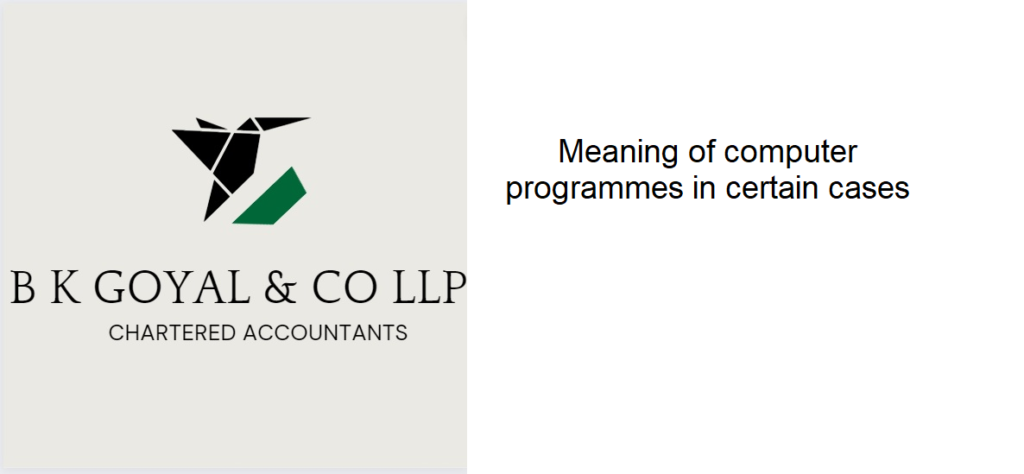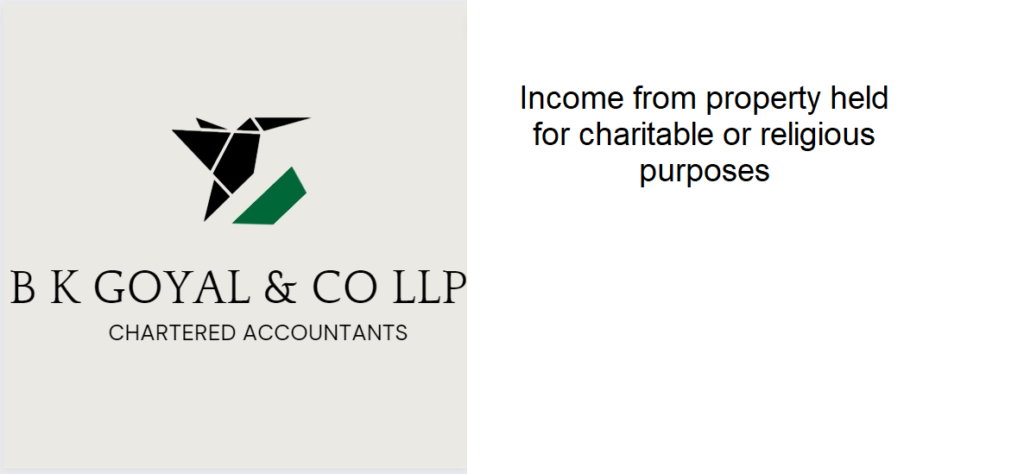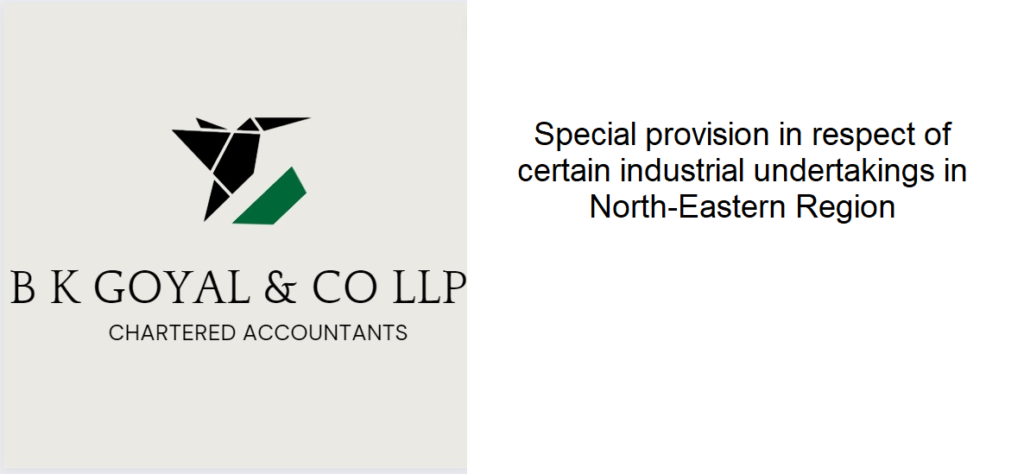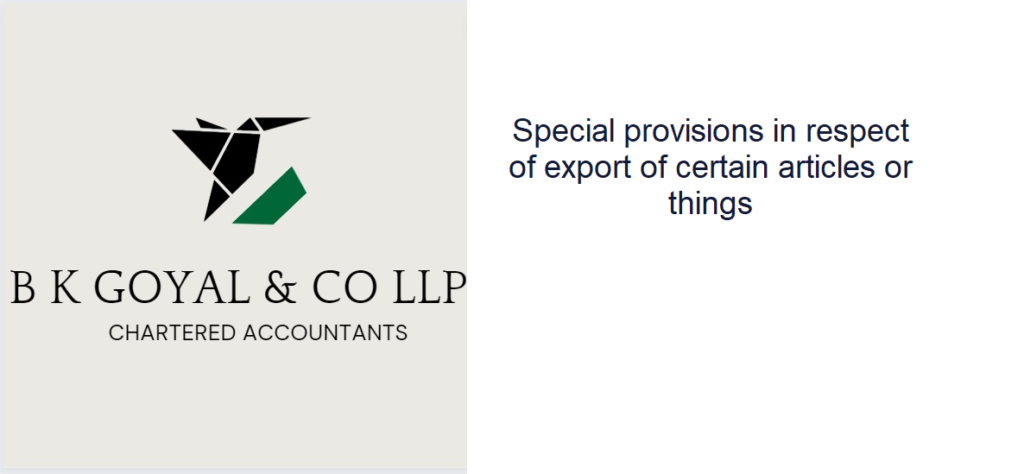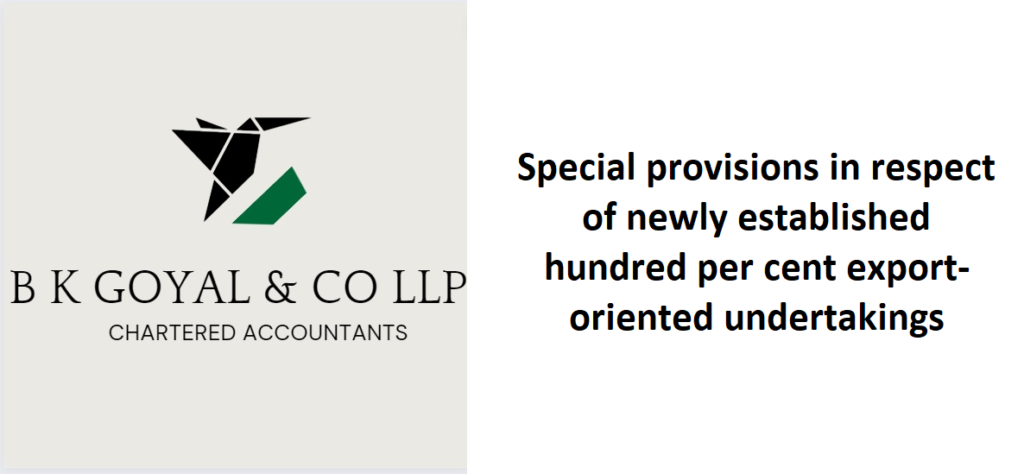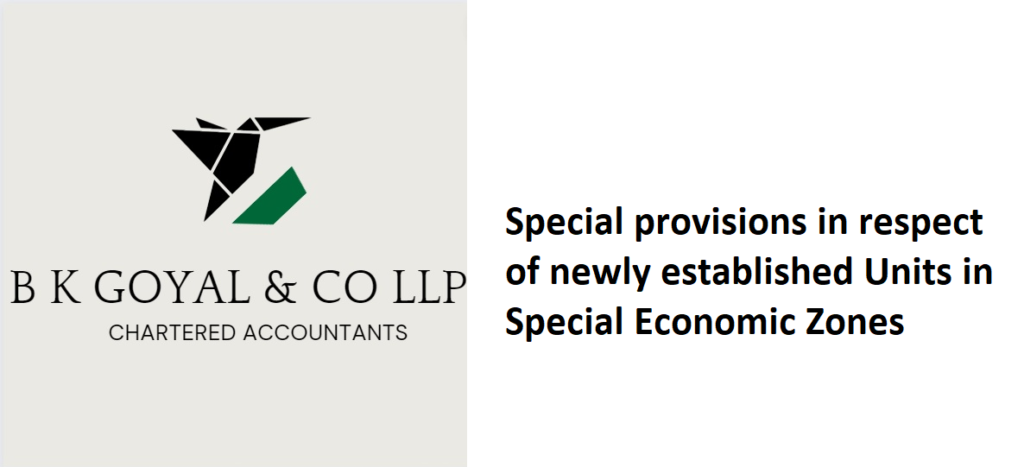Conditions for applicability of sections 11 and 12
Income tax is a direct tax that is imposed on individuals or entities based on their revenue. The Income Tax Act of 1961 contains a multitude of provisions and sections that govern the taxation of income. Sections 11 and 12 of the Income Tax Act provide exemptions and deductions for income earned by charitable trusts and institutions. In this article, we will delve into the conditions necessary for the application of sections 11 and 12 of the Income Tax Act. Section 11 of the Income Tax Act, 1961 Section 11 of the Income Tax Act, 1961, pertains to the exemption of income generated by religious or charitable trusts. To qualify for an exemption under this section, a trust must fulfill certain requirements: The trust must be registered under section 12AA of the Income Tax Act, 1961. The trust’s income must be utilized exclusively for charitable or religious purposes, and it cannot be allocated or diverted for any other reason. The trust must not provide any benefit to any individual or group of individuals. The trust must not engage in any business or trade, although it may conduct commercial activities that are incidental to its charitable or religious purposes. The trust must maintain accurate records and have them audited annually. If these requirements are met, the trust’s income will be exempt from income tax under section 11 of the Income Tax Act, 1961. Section 12 of the Income Tax Act, 1961 Section 12 of the Income Tax Act, 1961, provides for the deductions allowed for income earned by charitable trusts and institutions. To be eligible for deductions under this section, a trust must fulfill the following requirements: The trust must be registered under section 12AA of the Income Tax Act, 1961. The trust’s income must be used exclusively for charitable or religious purposes, and it cannot be allocated or diverted for any other reason. The trust must not provide any benefit to any individual or group of individuals. The trust must not engage in any business or trade, although it may conduct commercial activities that are incidental to its charitable or religious purposes. The trust must maintain accurate records and have them audited annually. The trust must spend at least 85% of its income on charitable or religious purposes during the financial year. If these requirements are met, the trust can claim deductions under section 12 of the Income Tax Act, 1961, for the income spent on charitable or religious purposes. Conclusion In conclusion, sections 11 and 12 of the Income Tax Act, 1961, offer exemptions and deductions for income earned by charitable trusts and institutions. To avail of these benefits, trusts must meet certain criteria to ensure that their income is used solely for charitable or religious purposes and that their records are accurate. By meeting these criteria, trusts can take advantage of the exemptions and deductions provided under the Income Tax Act, 1961. section 12A of Income Tax Act, 1961 (1) The provisions of section 11 and section 12 shall not apply in relation to the income of any trust or institution unless the following conditions are fulfilled, namely:— (a) the person in receipt of the income has made an application for registration of the trust or institution in the prescribed form83 and in the prescribed manner to the Principal Commissioner or Commissioner before the 1st day of July, 1973, or before the expiry of a period of one year from the date of the creation of the trust or the establishment of the institution, whichever is later and such trust or institution is registered under section 12AA : Provided that where an application for registration of the trust or institution is made after the expiry of the period aforesaid, the provisions of sections 11 and 12 shall apply in relation to the income of such trust or institution,— (i) from the date of the creation of the trust or the establishment of the institution if the Principal Commissioner or Commissioner is, for reasons to be recorded in writing, satisfied that the person in receipt of the income was prevented from making the application before the expiry of the period aforesaid for sufficient reasons; (ii) from the 1st day of the financial year in which the application is made, if the Principal Commissioner or Commissioner is not so satisfied: Provided further that the provisions of this clause shall not apply in relation to any application made on or after the 1st day of June, 2007; (aa) the person in receipt of the income has made an application for registration of the trust or institution on or after the 1st day of June, 2007 in the prescribed form and manner to the Principal Commissioner or Commissioner and such trust or institution is registered under section 12AA; (ab) the person in receipt of the income has made an application for registration of the trust or institution, in a case where a trust or an institution has been granted registration under section 12AA or has obtained registration at any time under section 12A [as it stood before its amendment by the Finance (No. 2) Act, 1996 (33 of 1996)], and, subsequently, it has adopted or undertaken modifications of the objects which do not conform to the conditions of registration, in the prescribed form and manner, within a period of thirty days from the date of said adoption or modification, to the Principal Commissioner or Commissioner and such trust or institution is registered under section 12AA; 84[(ac) notwithstanding anything contained in clauses (a) to (ab), the person in receipt of the income has made an application in the prescribed form and manner to the Principal Commissioner or Commissioner, for registration of the trust or institution,— (i) where the trust or institution is registered under section 12A [as it stood immediately before its amendment by the Finance (No. 2) Act, 1996 (33 of 1996)] or under section 12AA [as it stood immediately before its amendment by the Taxation and Other Laws (Relaxation and Amendment of Certain Provisions) Act, 2020 (38 of 2020)], within three months from
Conditions for applicability of sections 11 and 12 Read More »
